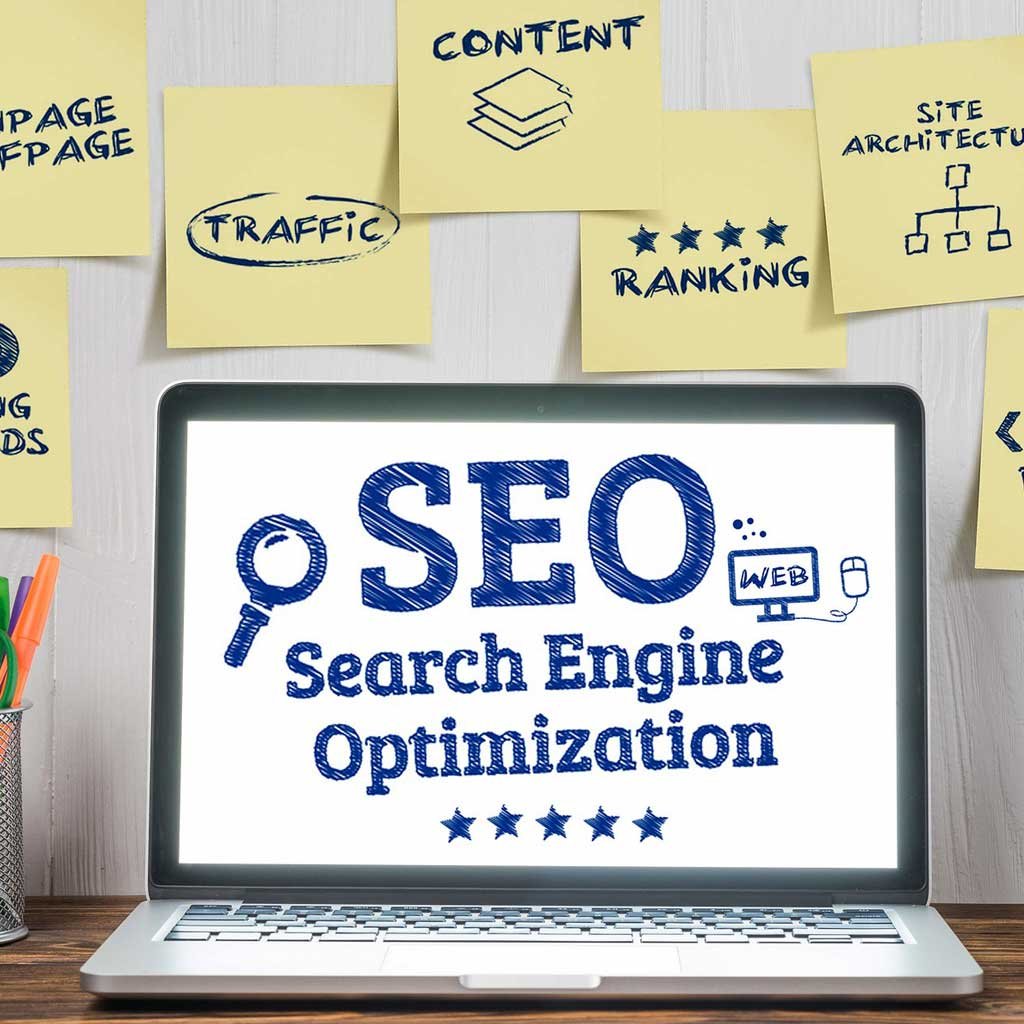
What is SEO and why is it important?
March 22, 2024 | Digital Techtune
Search Engine Optimization (SEO): A Comprehensive Overview
In the vast digital landscape, where millions of websites vie for attention, Search Engine Optimization (SEO) emerges as a pivotal strategy for enhancing online visibility. SEO, in essence, is the process of refining and optimizing a website to improve its ranking on search engine results pages (SERPs), thereby driving organic traffic and fostering sustained growth. This comprehensive overview delves into the intricacies of SEO, its multifaceted components, and why it holds paramount importance in the digital realm.
Understanding SEO: Unraveling the Mechanics
At its core, SEO operates on the premise of aligning a website’s content, structure, and performance with the algorithms utilized by search engines to rank web pages. Search engines, notably Google, employ sophisticated algorithms that consider various factors to determine the relevance, authority, and user experience of a website. By comprehending these algorithms and optimizing a website accordingly, SEO endeavors to enhance its visibility and accessibility to users searching for relevant information, products, or services.
Key Components of SEO: Building Blocks of Success
SEO encompasses a myriad of interconnected components, each playing a pivotal role in shaping a website’s search engine ranking. These components can be broadly categorized into on-page SEO, off-page SEO, and technical SEO.
On-Page SEO: On-page SEO focuses on optimizing the content and structure of individual web pages to improve their relevance and visibility. This includes keyword optimization, meta tags, headings, content quality, and internal linking. By incorporating targeted keywords naturally within the content and adhering to best practices for formatting and structuring, on-page SEO enhances a page’s visibility to both search engine crawlers and human users.
Off-Page SEO: Off-page SEO pertains to external factors that influence a website’s credibility, authority, and relevance in the eyes of search engines. This primarily involves link building, social media engagement, and online reputation management. Quality backlinks from reputable websites serve as a vote of confidence for a website’s content, signaling to search engines its authority and relevance within a given niche.
Technical SEO: Technical SEO involves optimizing the technical aspects of a website to improve its crawlability, indexability, and overall performance. This includes aspects such as website speed, mobile-friendliness, URL structure, sitemap optimization, and schema markup. By ensuring that a website is technically sound and accessible to search engine crawlers, technical SEO lays the foundation for improved visibility and rankings.
Why SEO Matters: The Significance Unveiled
In today’s hypercompetitive digital landscape, where consumers increasingly rely on search engines to discover information, products, and services, the importance of SEO cannot be overstated. Here are several compelling reasons why SEO holds paramount significance:
Enhanced Visibility and Traffic: With billions of searches conducted on search engines every day, securing a prominent position on SERPs can significantly enhance a website’s visibility and exposure to potential customers. By appearing at the top of search results for relevant queries, websites can attract targeted organic traffic, thereby expanding their reach and customer base.
Credibility and Trust: Websites that consistently rank high on search engine results pages are often perceived as credible and trustworthy sources of information. By optimizing for SEO and earning top rankings, websites can instill confidence in users, thereby fostering trust and credibility that translates into increased engagement and conversions.
Cost-Effectiveness: Unlike paid advertising, which requires ongoing investment to maintain visibility, SEO offers a cost-effective means of attracting organic traffic over the long term. While SEO demands an initial investment of time, resources, and expertise, the dividends it yields in terms of sustained traffic and leads far outweigh the costs incurred.
Competitive Advantage: In industries characterized by fierce competition, SEO serves as a potent tool for gaining a competitive edge. Websites that invest in comprehensive SEO strategies can outperform competitors in search rankings, thereby capturing market share, attracting customers, and establishing industry leadership.
User Experience Optimization: A fundamental aspect of SEO involves optimizing the user experience (UX) of a website, including factors such as page speed, mobile-friendliness, and navigation. By prioritizing UX and providing users with a seamless browsing experience, websites can enhance engagement, reduce bounce rates, and improve overall performance, all of which contribute to higher search engine rankings.
Measurable Results and Insights: One of the key advantages of SEO is its measurability, which allows website owners to track the performance of their optimization efforts with precision. Through tools such as Google Analytics and Search Console, businesses can monitor key metrics such as website traffic, keyword rankings, conversion rates, and user behavior, enabling data-driven decision-making and continuous improvement.
Conclusion: Embracing the Power of SEO
In conclusion, SEO represents a cornerstone strategy for enhancing online visibility, driving targeted traffic, and achieving sustainable growth in the digital realm. By optimizing a website’s content, structure, and performance to align with search engine algorithms, businesses can secure prominent positions on SERPs, attract qualified leads, and establish credibility and trust with their target audience. As the digital landscape continues to evolve and competition intensifies, embracing the power of SEO is essential for staying ahead of the curve, capturing market share, and achieving long-term success in an increasingly competitive marketplace.

